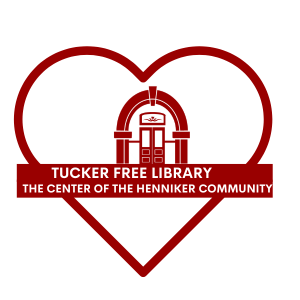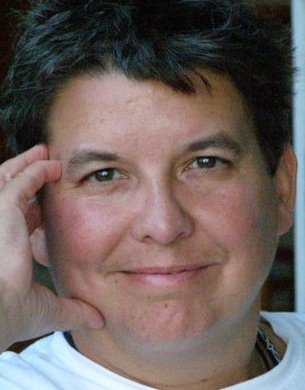Trying to make sense of it all.....
As I was leaving for a symposium a few weeks ago, I discovered that the book I had selected to take with me wasn’t of interest. Since the library was closed and before panic set in, I went to my favorite library website (Tucker Free Library eContent) to look for an eBook. Naturally, I looked for a new book that was available and one, even though it wasn’t a book I would typically pick up, piqued my interest so I checked it out.
Anu Partanen is a freelance journalist who moved from her native Finland to NYC to be with her future husband, an American citizen. In her book “The Nordic Theory of Everything: In Search of a Better Life” Partanen expertly illuminates the differences between Nordic life and American life. Partanen takes time identifying the approaches and attitudes of Nordic citizens and how they differ from Americans on important societal issues.
A firsthand account, she agonizes about losing the health insurance all Finlandian citizens are entitled to; telling how it feels to be an adult who must now pay the exorbitant premiums for health insurance, being saddled with high copays and deductibles. She worries about where her future children will go to school and how she will pay for their education, something her cohorts in Finland needn’t consider since all school programs from daycare through college are free. She dissects the responsibilities of employers, unburdened of provision of costly benefits such as retirement and health care, they strive to develop a workforce built on the principles of innovation, bringing in and fostering the best talent. Because workers don’t depend on their employees for these benefits they are free to move into jobs that better suit them. Ironically, having this freedom does not result in lots of job shifting but, instead builds a loyal workforce.
When it comes to the personal realm, she writes of the independence people in Finland develop because no one is tied to another financially. Even married couples file personal tax forms. Aging parents are cared for without children having to make huge financial contributions, they are just expected to show up and love them at their time of need. Children are given the freedom to explore their surroundings, realizing independence and self-sufficiency much early than most cohorts their age.
Partanen also writes of the things she appreciates in her new life in America. She finds the number of choices we have and the freedom to select whichever path we want enviable. Be it health insurance, medical providers, preschools, or colleges, Partanen expresses the optimism of an immigrant, hoping for a more prosperous life in America.
“When I think today about my life and how genuinely incredible it is – a gorgeous, kind, brilliant life partner; the financial security that I dreamed about as a child; great friends and exciting new experience—I feel overwhelming appreciation for these United States. I know it’s corny, but it’s the way I feel.”
The above quote is from page 190 of J.D. Vance’s “Hillbilly Elegy.” Yes, I threw readers of this review a curveball, summarizing sentiments that Partanen expressed with a quote from self-proclaimed hillbilly from Appalachia.
“Hillbilly Elegy” is exactly what it promises; a lamentation of a way of life. Vance grew up a poor boy in Middletown, OH. He was shuttled between the homes of his grandmother and his mother (and her boyfriend of the week). He strongly identifies with his family members living in Jackson, Kentucky, family he proudly considers Appalachian hillbillies. He wears his heritage as a badge of honor. A strong matriarchal figure, his grandmother nurtured J.D. throughout his youth, giving him the tools to survive. A strong sense of patriotism is evident throughout the book when Vance talks of his love of this country. Rather than allow is grandmother to go in debt (this is a good debt J.D.) he signs up to serve in the Marine Corp. post 9/11. After serving his time he returns to OH and earns his undergraduate degree from OSU. When we meet the author today, he is a graduate of Yale Law School living in San Francisco.
While reading of the trajectory of his life one soon realizes that Vance is on to something. Having survived the poverty of his youth and understanding the mindset of working white poor, he offers a perspective on what ails our society today. He eloquently writes of our skepticism of the very institutions of our society. At the crux of the issue, he believes that many of are quick to blame someone else (church, government, schools, news) for all that ails us. The bottom line for Vance: “If you believe hard work pays off, then you work hard; if you think it’s hard to get ahead even when you try, then why try at all?” He finishes his story writing… “We need to stop blaming [politicians, sic] and faceless companies and ask ourselves what we can do to make things better.”

